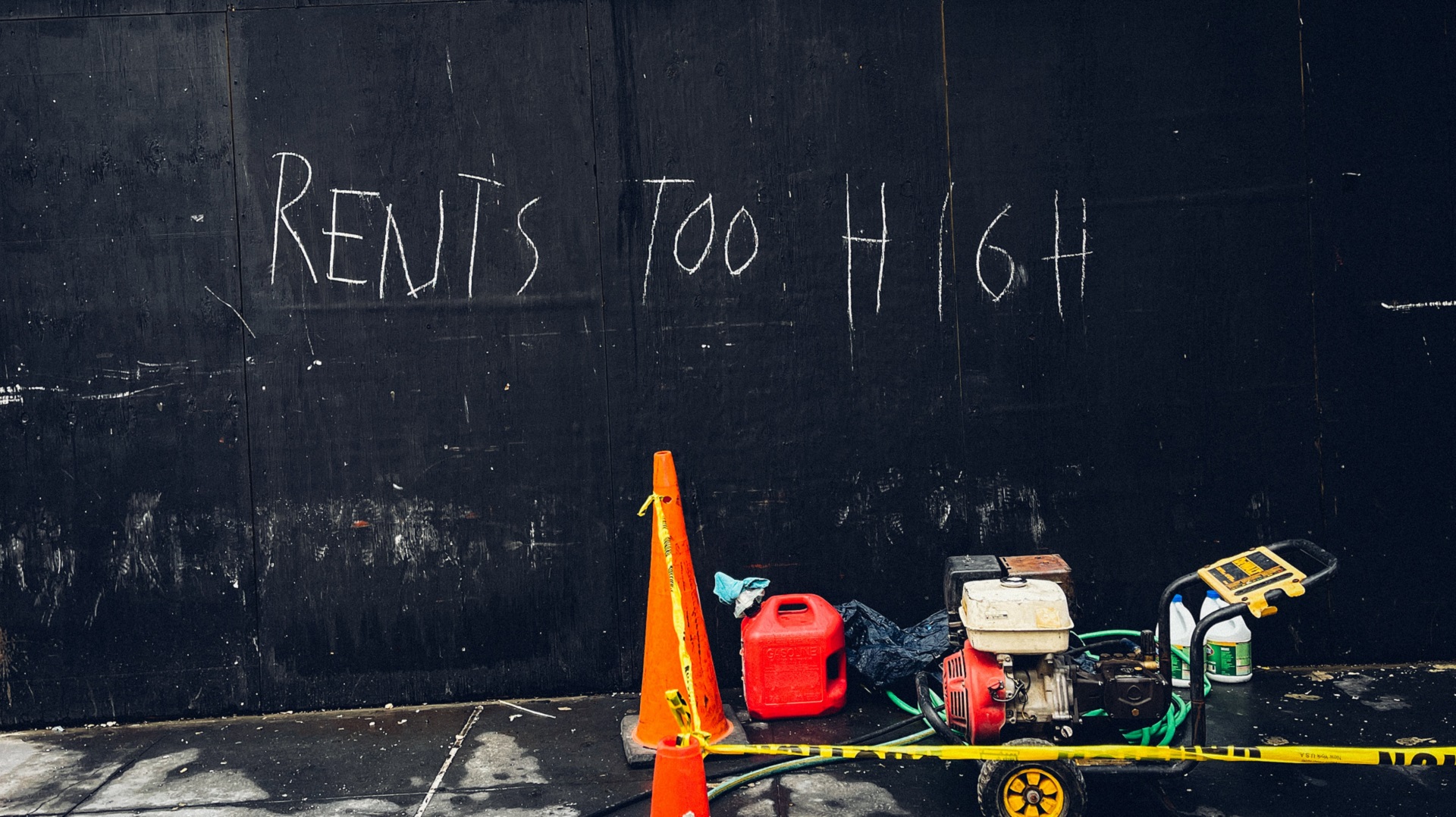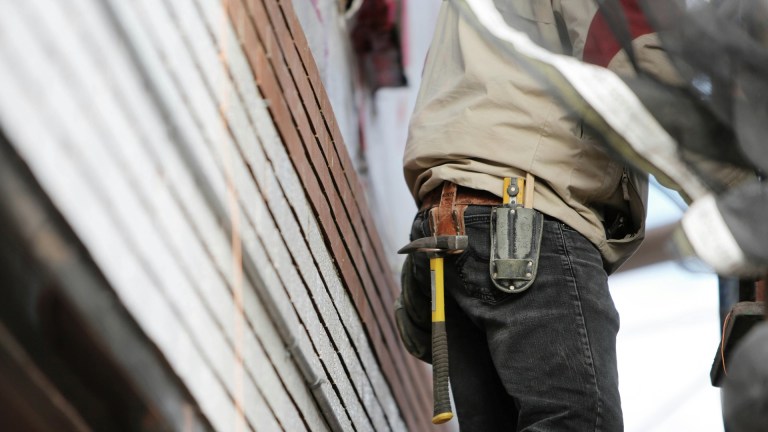Rachelle Earwaker, senior economist at the Joseph Rowntree Foundation, said tenants need more protection through the much-delayed Renters Reform Bill to have more security in their homes.
“Historically high rent increases see no sign of slowing down, even as inflation falls. Even with the recent increase to housing benefit, this will leave many renters without any disposable income whatsoever. Renters who can’t absorb these costs risk being evicted from their home,” said Earwalker.
“Meanwhile, progress on the Renters Reform Bill is uncertain, despite the government promising to end Section 21 evictions over five years ago. Everyone deserves a secure and affordable home. The Renters Reform Bill must give renters a better deal by abolishing Section 21 as well as addressing the affordability crisis for renters.”
That affordability crisis meant full-time workers in England could expect to pay around 8.3 times their annual earnings in 2023 to buy a home, the ONS said. In Wales, the equivalent figure is 6.1 times yearly salaries.
Homes were bought for less than five times workers’ earnings – and, therefore, deemed affordable – in just 7% of local authorities in England and Wales.
Other measures also show renters are paying more than ever. Rightmove revealed in January 2024 that advertised rents are 9.2% higher than a year previously. Tenants outside London were typically facing an average rent of £1,280 per calendar month, representing the 16th consecutive record rise in Rightmove’s analysis.
An imbalance between supply and demand as the main driver of record-high prices.
Households are also facing rising energy bills and food costs as part of the cost of living crisis and there is no respite when it comes to housing costs.
But there has been little action on the issues driving rising rents, namely high demand for properties and a lack of supply.
The devolved countries in the UK have engaged with the issue more directly than Westminster. The Scottish government limited rent increases and banned evictions between September 2022 and April 2024 and are planning long-term rent controls. The Welsh government is currently consulting on the idea of bringing in rent controls.
How much is rent in UK?
Around 4.6 million households use the private rented sector in England with 11 million renters.
The private rented sector is now the second biggest tenure of housing in England behind owner occupiers, making around a fifth of all households in the country.
Renters are facing record prices with rents growing at the fastest annual rate for more than a decade.
That has seen renters paying out a higher proportion of their income on housing costs. The English Housing Survey found private renters spend around a third of their household income on rent (rising to 41% in London). That’s more than 10% higher than the proportion paid by owner occupiers.
It’s not just the private rental sector that has seen rent rises, tenants in social housing saw their rents rise by 7.7% as of April 2024. The rate at which housing associations can increase or decrease rent is set annually at 1% higher than the current CPI inflation rate.
The settlement is set to stay in place until at least April 2026.
Why is UK rent so high?
The short answer to why rent is so high is because there is a shortage of affordable housing.
There is a housing crisis in the UK because not enough homes have been built by successive governments in the last few decades at a time where social housing stock has been sold off to the private sector through Right to Buy or demolished and not replaced.
An estimate from the National Housing Federation and Crisis found around 340,000 new homes should be supplied in England each year with 145,000 them to be affordable.
The Conservative government has previously targeted 300,000 new homes in England – a 2019 manifesto commitment – but is yet to hit that mark. In 2023-24, 235,000 new homes were supplied, but the signs ahead suggest annual delivery could fall.
Meanwhile, areas like Cornwall where tourism has seen a surge in short-term lets through the rise of Airbnb in recent years faces even more pressures on demand.
The private rental sector has picked up the slack in recent years and has doubled in size over the last two decades.
The stiff competition has seen rents on the market increase but many landlords have kept pace by putting up rents for existing tenants.
While generally speaking there is a shortage of private rental properties across the UK, the difference between supply and demand changes from region to region.
The Office for National Statistics collects data of rental prices from properties in England then revisits every 12 months to assess changes in price.
When statisticians returned to homes in February 2023 they found half had experienced a rent increase. The year before 36% of tenants had seen their rent rise.
Will rent prices go down in 2024?
Rising rents are having an impact – the latest Ministry of Justice (MoJ) figures show the number of tenants evicted by private landlords continuing to surge.
A total of 9,457 households in England saw their homes repossessed by county court bailiffs in 2023 after receiving a Section 21 eviction notice, Ministry of Justice figures show, up from 6,339 in the previous year.
There is some suggestion that rents might be starting to hit the highest point of what tenants can afford, which could see rises start to slow.
But there is reason to think rents could yet rise further.
A landlord exodus could see rents rise despite cost-of-living pressures, particularly as some first-time buyers may no longer be able to afford to stop renting as rising interest rates mean a mortgage is unaffordable.
But the Resolution Foundation is forecasting a different reason for rents to rise and disputes the suggestion of landlords leaving the private rented sector.
The think tank said the surge in rent prices for new tenancies seen in recent times is set to filter into existing rents and could see payments rise by 13% over the next three years.
That is set to outstrip the 7.5% increase in wages forecasted by the Office for Budget Responsibility over the same period.
“With more families renting privately, and renting for longer too, these rent surges are a bigger problem for Britain, and require bolder solutions from policy makers,” said Resolution Foundation’s Cara Pacitti. “Short-term solutions include regular uprating of local housing allowance to support poorer families, and the ultimate longer-term solution is to simply build more homes.”









